Elephants are remarkable creatures with memories that put ours to shame. While you might forget where you left your keys, an elephant can recall complex social relationships and even specific locations from decades ago. You could say their memories are almost photographic, capturing details that would slip through the cracks of our human minds. Here, we explore 13 things elephants remember that we humans might have let go of years ago.
1. Family Bonds
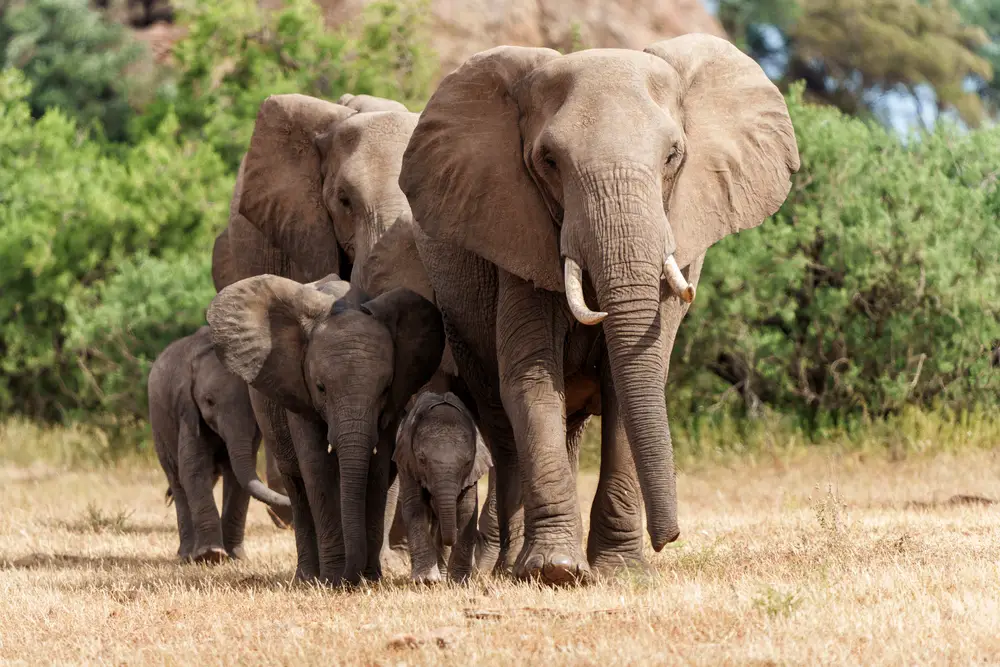
Elephants have incredibly strong family ties. They remember family members and friends even after years of separation. A study by Dr. Caitlin O’Connell-Rodwell at Stanford University found that elephants can recognize up to 30 different family members’ voices. This ability allows them to maintain complex social structures and support each other in ways that feel all too human. It’s like having an extensive family reunion every time they meet, complete with the joy and drama that comes with it.
These bonds aren’t just limited to blood relations. Elephants form strong friendships and alliances that can last a lifetime. They’re known to show empathy and solidarity, stepping in to help family members in distress. You might have heard of elephants mourning their dead, which is a testament to the depth of their relationships. It’s heartwarming and a bit humbling to consider that they might remember their friends better than we do.
2. Migration Routes
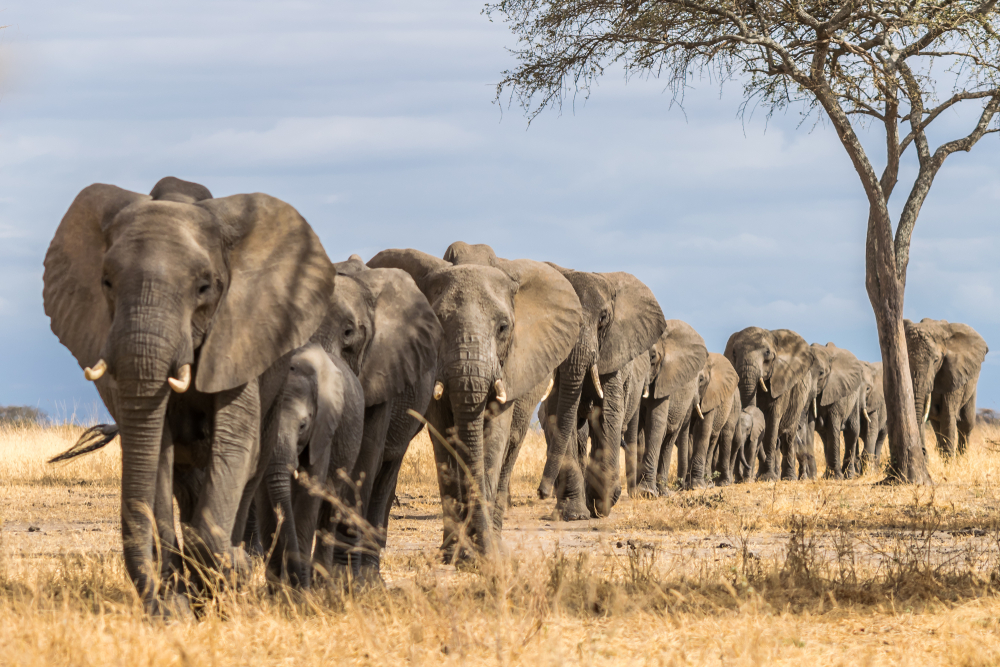
Elephants are known for their impressive navigation skills, which are far superior to our reliance on GPS apps. They remember migration routes that span hundreds of miles and lead them to vital water sources and feeding grounds. These routes are passed down through generations, ensuring the survival of the herd. Imagine knowing every road, rest stop, and shortcut on a cross-country trip without a single wrong turn.
These ancient paths are crucial for the herd’s survival, especially in environments where resources are scarce. Elephants will often return to the same waterholes year after year, remembering not only their locations but the timing of seasonal rains. This memory allows them to efficiently allocate their energy and resources, which is critical for survival in the wild. It’s like having a mental map that updates in real time with every passing season, something humans could only dream of.
3. Human Faces And Voices
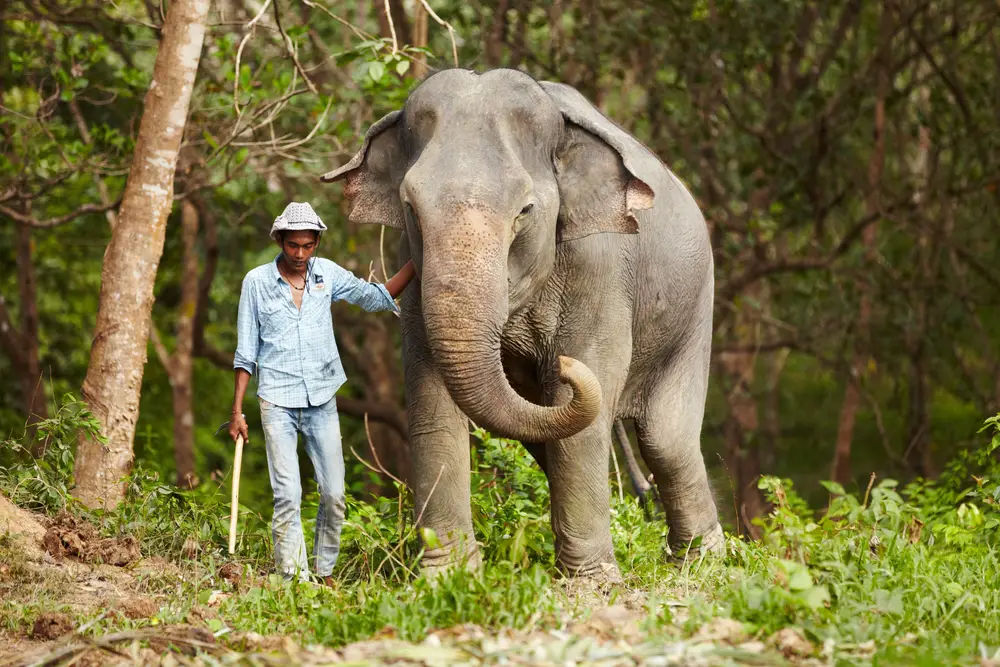
Elephants have the uncanny ability to remember human faces and voices. Researchers like Dr. Joyce Poole of ElephantVoices have shown that elephants can distinguish between friendly humans and those who pose a threat. They can even remember specific people who have treated them kindly—or poorly—in the past. This skill is particularly important for elephants living near human settlements, where interactions can range from friendly to dangerous.
Their remarkable memory extends to recognizing human voices over long periods. If you’ve ever had a good—or bad—experience with an elephant, don’t be surprised if they remember you years later. This ability serves as both a survival mechanism and a testament to their intelligence. It’s a powerful reminder that our actions towards animals are never forgotten, even when we think they are.
4. Water Sources
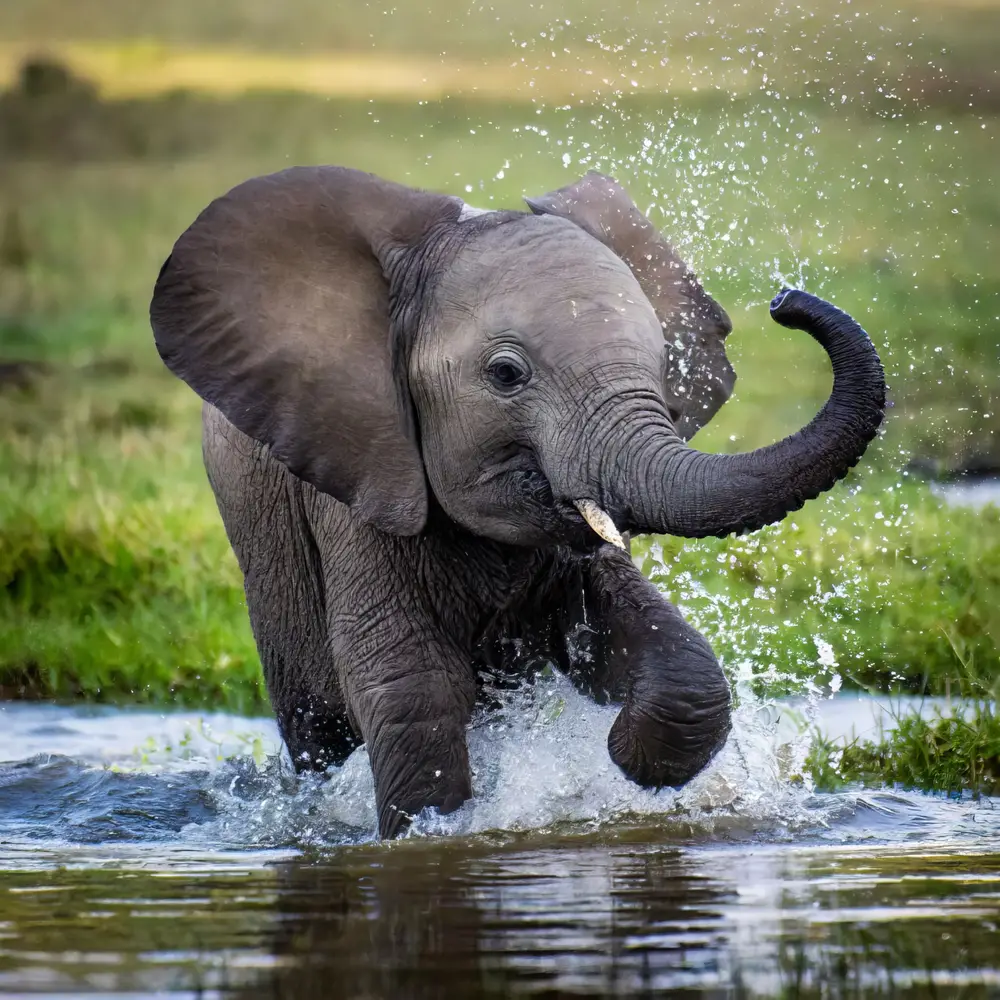
Finding water is no small feat in the wild, and elephants have mastered the art of remembering where to find it. They can recall the locations of water sources that are miles apart and only appear seasonally. In times of drought, they rely on this vital knowledge to lead their herds to life-saving hydration. This ability to remember and locate water sources makes them invaluable leaders within their groups.
It’s not just about finding water; it’s also about timing. Elephants remember when certain waterholes are likely to be full and when they might be dry. This awareness helps them plan their movements, conserving energy and ensuring the survival of their herd. It’s as if they have an internal calendar that guides them through the changing seasons, something most humans would struggle to do without technology.
5. Language And Communication
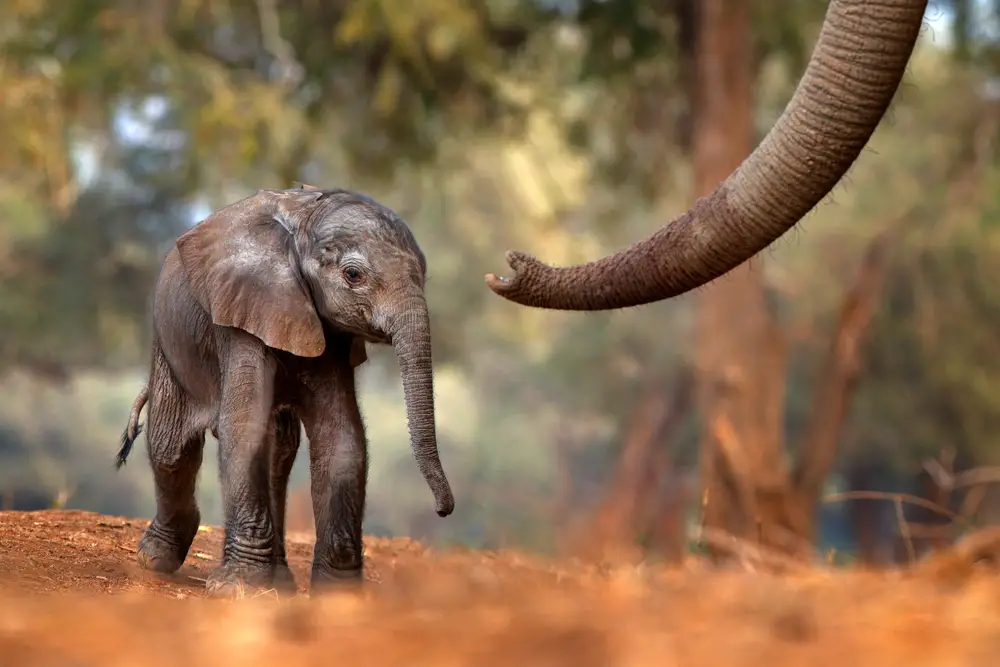
Elephants have a complex form of communication that includes vocalizations, body language, and even seismic signals. Dr. Karen McComb, a researcher from the University of Sussex, has studied how elephants convey messages through low-frequency sounds that can travel long distances. They remember these signals and respond appropriately, showing a sophisticated understanding of communication. This ability allows them to convey warnings, coordinate movements, and even express emotions.
Their vocalizations include a range of sounds from trumpets to rumbles, each with its unique meaning. Elephants also use body language, such as ear flapping and trunk movements, to communicate with each other. Understanding and remembering these signals is crucial for maintaining social harmony within the herd. It’s a level of linguistic complexity that rivals even our own in some respects, proving that communication is not just a human trait.
6. Social Hierarchies
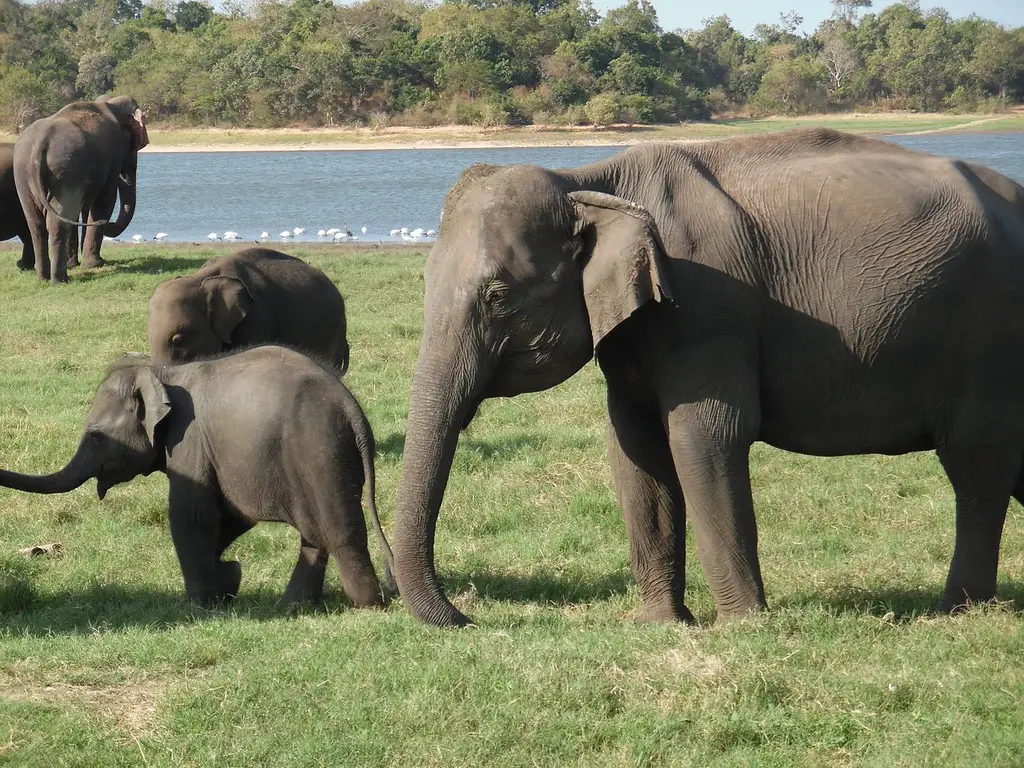
Elephants live in matriarchal societies where hierarchy is crucial. They remember their place within this structure and the roles of others. The matriarch—often the oldest and wisest female—leads the group, and her decisions are respected by all. Maintaining this order is essential for the herd’s survival, as it ensures coordinated movement and mutual support.
Young elephants learn their place in the hierarchy early on and remember it throughout their lives. They observe and mimic the behaviors of older elephants, honing their social skills. This understanding helps prevent conflicts and promotes cooperation within the group. While humans might struggle with office politics or family dynamics, elephants have a clear sense of social order that keeps their communities running smoothly.
7. Danger Signals
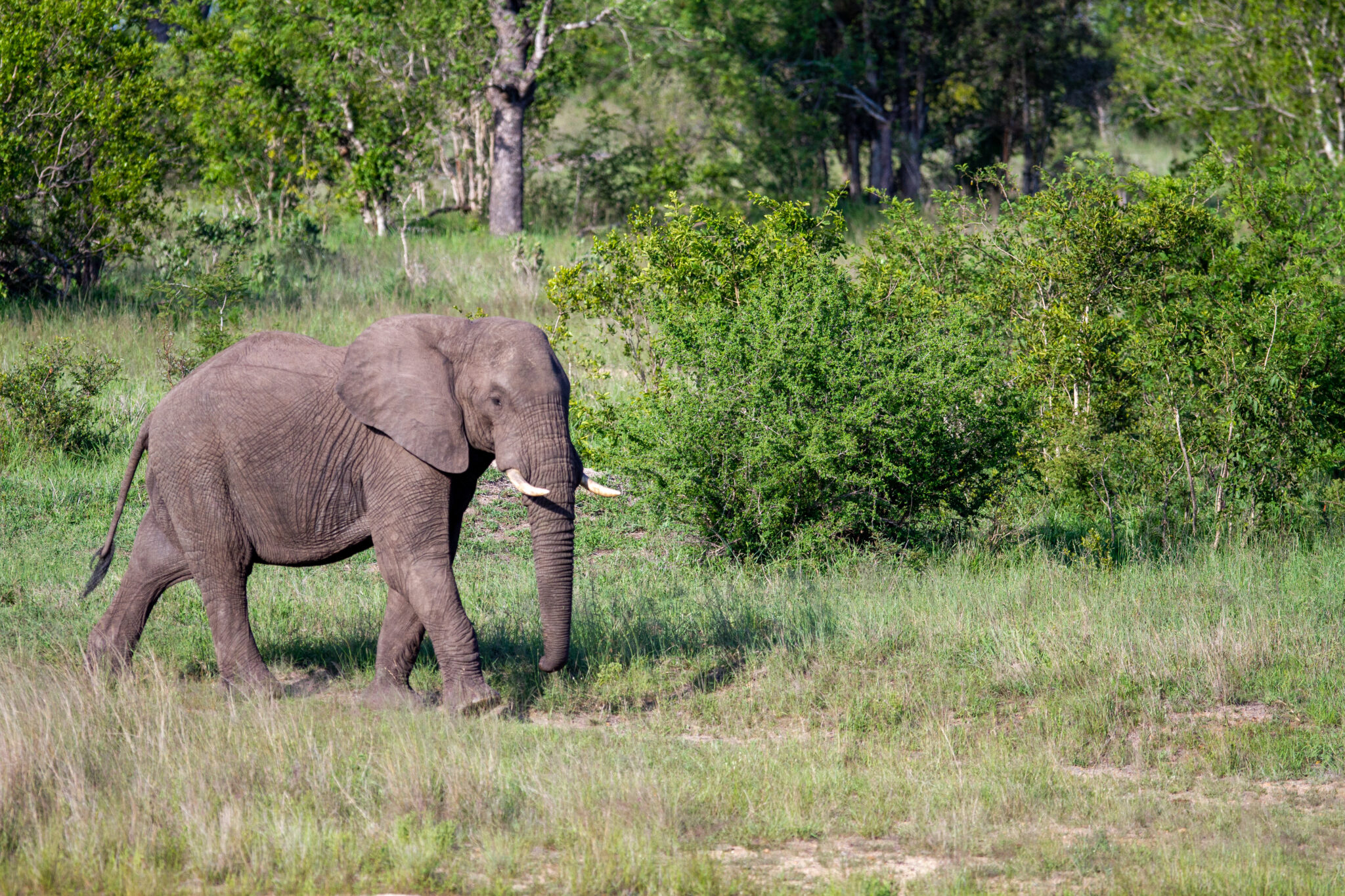
Elephants have a keen sense of danger and remember specific signs that indicate threats. According to a study by Dr. Lucy King from Save the Elephants, elephants can distinguish the sound of bees and associate it with danger, prompting them to move away quickly. This ability to remember and react to specific sounds helps them avoid potential threats and protect their herds. It’s a survival skill honed over generations, passed down like a well-kept family secret.
They also remember the locations and behaviors of predators or human threats. This awareness allows them to take precautionary measures, such as seeking safer routes or becoming more vigilant in high-risk areas. It’s like having an internal alarm system that goes off whenever something seems amiss. This hyper-awareness is something we humans often lack, relying instead on technology and alerts to warn us of danger.
8. Food Sources
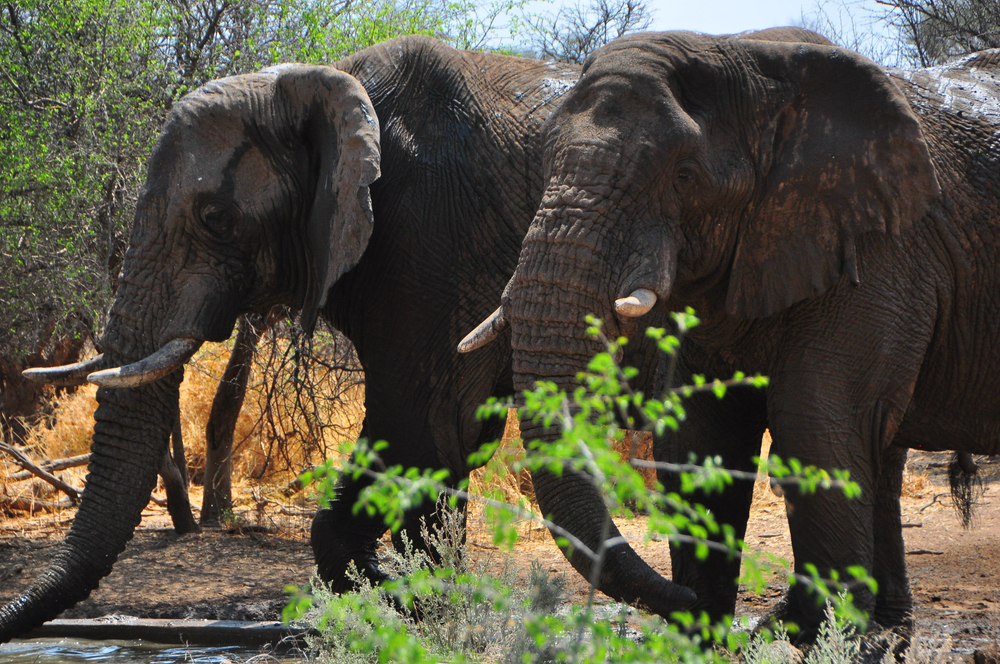
Elephants have an impressive memory for locating food sources, which is essential for their survival. They remember where to find different types of vegetation and when they are in season. This knowledge helps them sustain their large bodies, which require a significant amount of food each day. It’s like having an internal grocery list that updates with the seasons, ensuring they always know where their next meal is coming from.
Their ability to remember food sources also includes understanding which plants are safe to eat and which are not. Young elephants learn this from their elders, observing and remembering their choices. This learned behavior ensures that they avoid poisonous plants and make the most of their environment. It’s a skill that humans once relied on before the advent of agriculture and supermarkets, a connection to the land that most of us have lost.
9. Painful Experiences
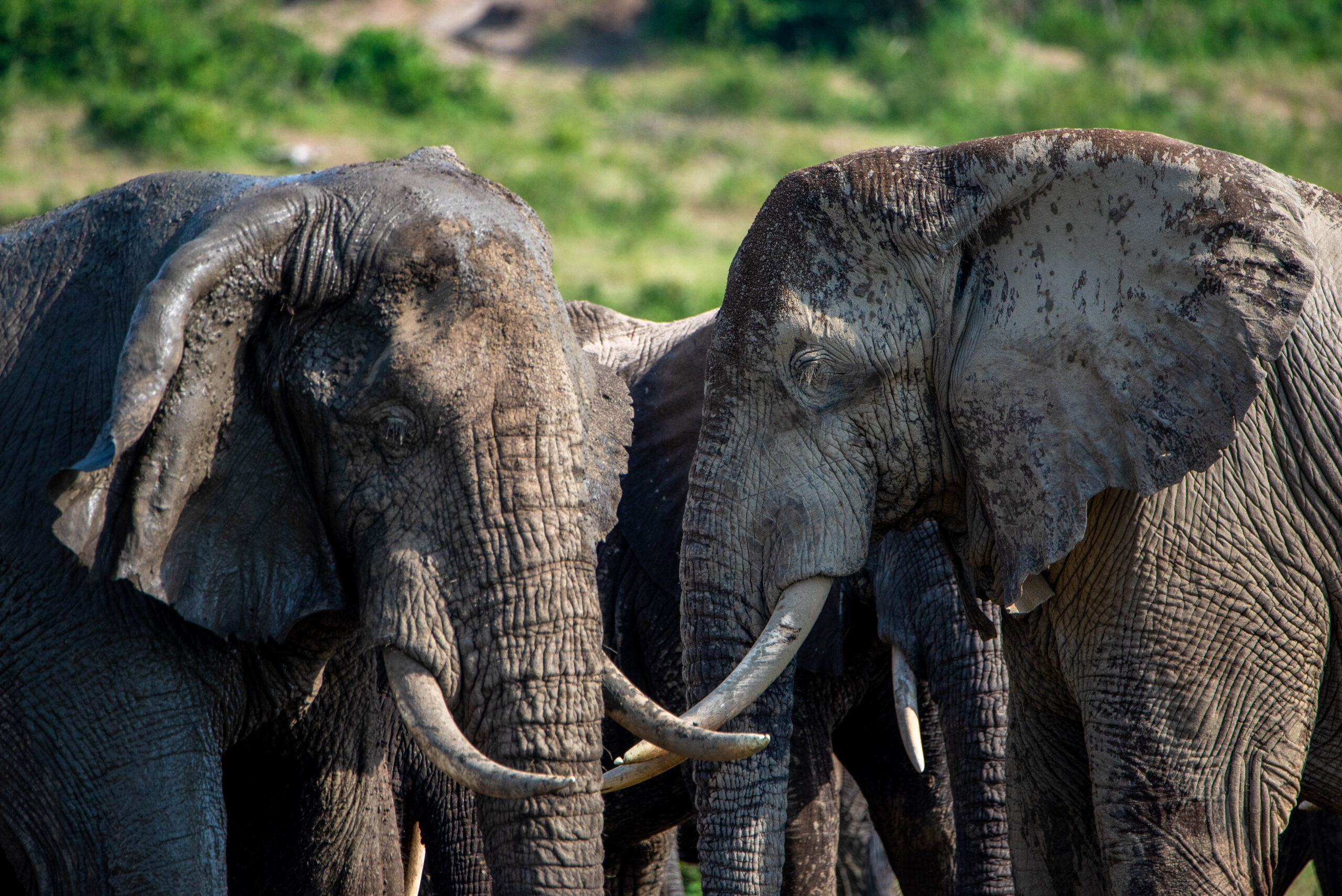
Elephants have been known to remember painful experiences for years, much like humans. They can recall encounters with poachers, traps, or other traumatic events and adjust their behavior to avoid similar situations in the future. This long-term memory serves as a protective mechanism, helping them navigate the dangers of their environment. It’s as if they carry an emotional map of past experiences, guiding them through life with caution.
Their ability to remember pain is not limited to physical experiences. Elephants have been observed mourning the loss of family members, suggesting they carry emotional pain as well. This profound sense of memory and emotion makes them incredibly resilient yet vulnerable. It’s a reminder that animals experience the world in ways that are strikingly similar to our own, with memories that linger long after the event.
10. Seasonal Changes
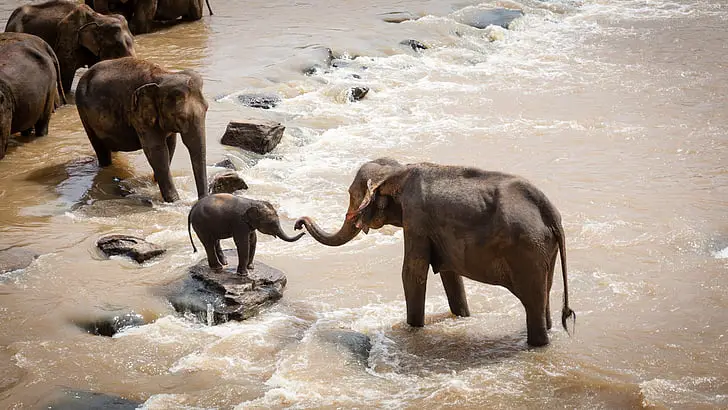
Elephants have a remarkable ability to remember seasonal changes and adapt accordingly. They know when to migrate to find food, water, and optimal weather conditions. This understanding helps them avoid harsh climates and make the most of their environment. It’s as if they have an internal weather app that keeps them informed and prepared for what’s to come.
Their memory of seasonal patterns also includes the timing of plant growth and animal migrations, which are essential for their survival. They adjust their routes and behaviors based on these cycles, ensuring they’re always in the right place at the right time. This knowledge is passed down through generations, making each herd a living library of environmental wisdom. While we might rely on calendars and forecasts, elephants trust in their instincts and memories to guide them.
11. Cultural Traditions
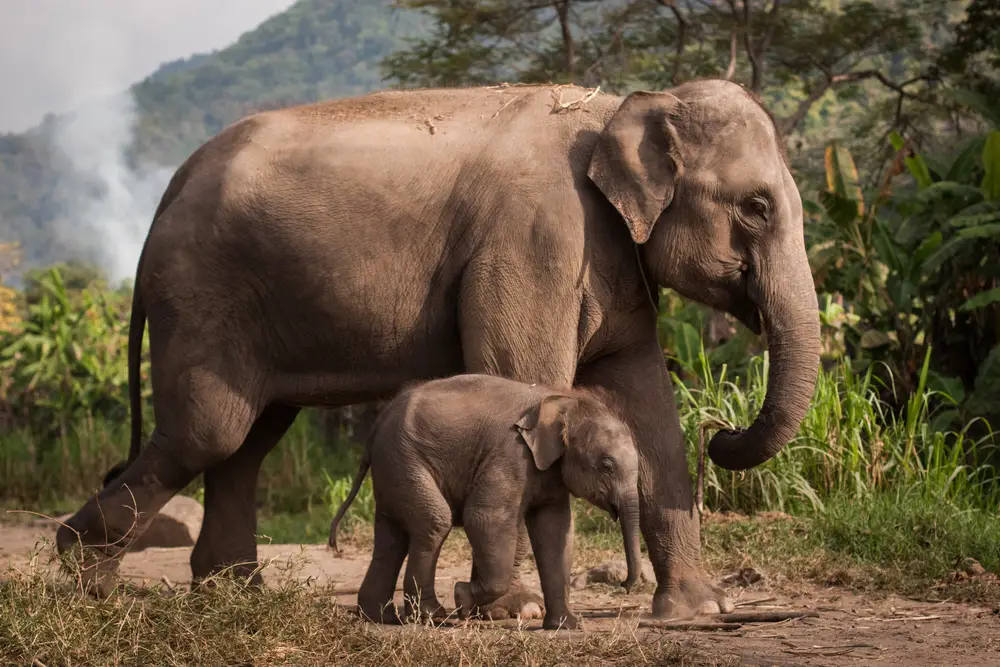
Elephants have cultural traditions that they pass down through generations. These can include specific ways of foraging, communicating, and even celebrating certain events. They remember these practices and teach them to the younger members of the herd. This cultural memory helps maintain the social fabric of their communities, providing a sense of identity and continuity.
These traditions are not just survival strategies; they’re also expressions of their unique way of life. The passing down of knowledge and customs is essential for their cultural identity. Elephants remember and honor these traditions, much like humans celebrate holidays or rituals. It’s a testament to their rich social lives and the importance of memory in preserving their way of life.
12. Routes And Paths
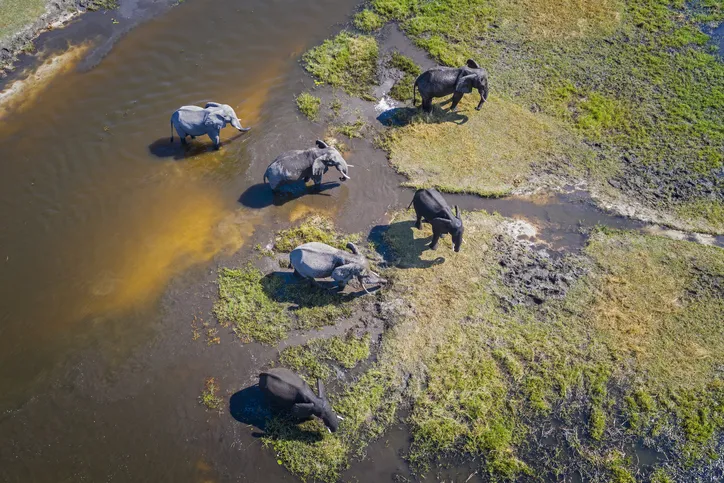
Elephants are known for creating well-trodden paths, which they remember and use repeatedly. These paths are not just random trails but carefully chosen routes that provide safety and efficiency. Over time, they become ingrained in the landscape and the elephants’ memories. It’s as if they’ve paved their own roads through the wilderness, remembered and respected by each generation.
These paths are vital for the movement of the herd, leading them to water, food, and safe resting places. They also help younger elephants learn about their environment and develop their spatial awareness. Remembering these paths ensures that the herd can navigate their territory confidently and effectively. It’s a skill that highlights their intelligence and adaptability in the natural world.
13. Human-made Obstacles
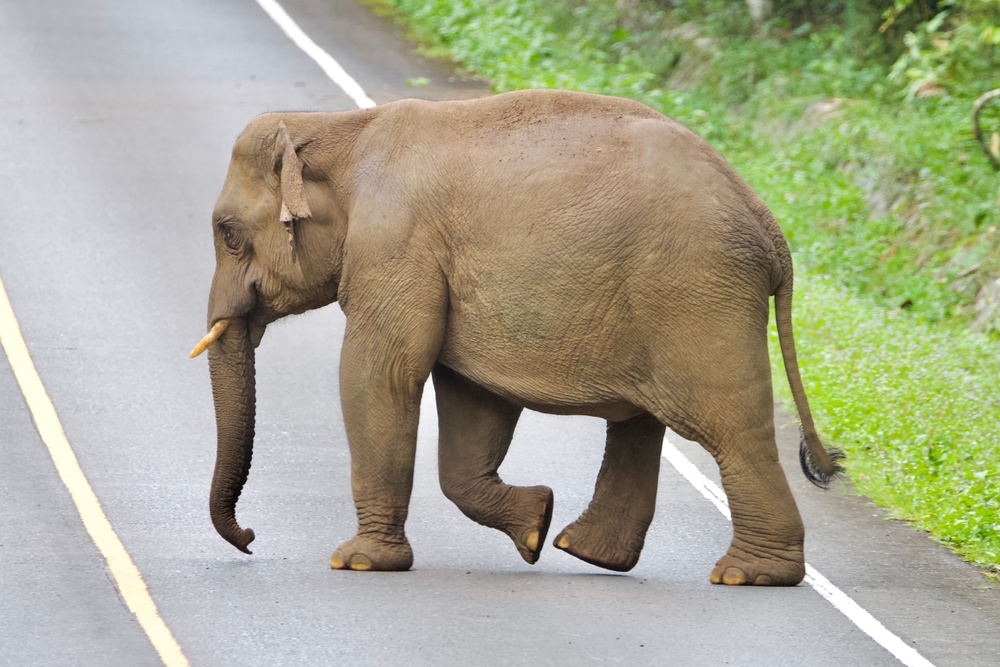
Elephants have learned to remember and navigate human-made obstacles, such as fences, roads, and settlements. This ability is crucial as human encroachment continues to threaten their habitats. They remember safe passages and adapt their routes to avoid conflicts and dangers. It’s a constant challenge that requires them to balance their natural instincts with the changing landscape.
In some cases, elephants have even been known to dismantle fences or find ways around barriers. This problem-solving ability shows their adaptability and determination to survive despite human interference. Remembering these obstacles and how to overcome them ensures their survival in an increasingly fragmented world. It’s a testament to their resilience and the power of memory to navigate a rapidly changing environment.
